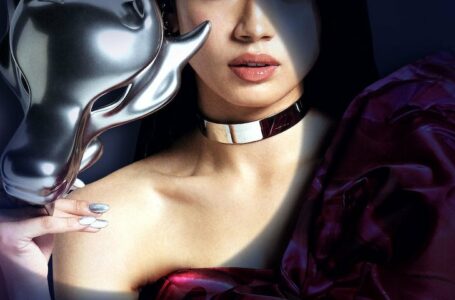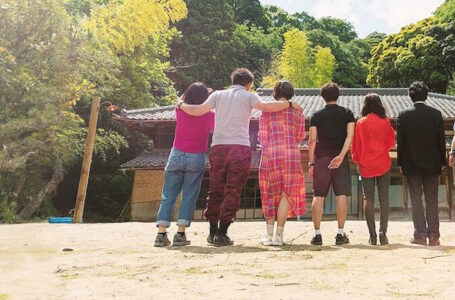In memory of Hana Kimura – and the important lessons learned from her story
It has been well over a year since we lost Japanese professional wrestler Hana Kimura, and while her passing got the attention she rightfully deserved both inside and outside of Japan, up until now I have never have felt comfortable enough to talk about her and continue to spread her legacy.
She was a brilliant, warm and kind person, whose beauty was seen on the inside and out, and whose talent in wrestling saw her as a massive contender for future endeavours. And all of this was taken away due to cyberbullying and Fuji TV.
With each passing month, week and day, Hana Kimura deserves to be remembered, and it is with a heavy heart that I attempt to write a piece in memory of her now.
Today, we will be exploring how Fuji TV failed Hana Kimura by not protecting her from the threats she had to bear witness to online. If you’ve never heard this story in full, it’s important; we cannot and should never turn a blind eye to events as unjustifiable and significant as this — and in order to celebrate this young and bright individual who was taken from us far too soon, we should continue to remember her.
The all powerful and all beautiful Hana Kimura
Hana Kimura was born on September 3 1997 to her half-Japanese mother Kyoko Kimura — herself a pro-wrestler — and a reportedly half-Indonesian father. She experienced bullying in school for her heritage, which indicates that Hana constantly lived with discrimination; this likely played as much a part in her death as a young adult as anything else.
She discovered a passion for wrestling at a very young age, and at only 8 years old, Hana started winning wrestling competitions. Her first big win was the comedic DDT Ironman Heavymetalweight Championship in 2005, and she took this title before her professional career started — though she subsequently lost the title to her own mother.
She began attending Wrestle-1’s Professional Wrestling University as a teenager, and took on multiple competitions until she finally defeated her own mother in her final show.
The height of her accomplishments and recognition was during her time in the World Wonder Ring Stardom between 2016 and 2020. Here, her talent in the sport was noticed and continuously evolved, and fans, fellow wrestlers, and companies alike looked forward to how much potential she had yet to truly tap into and show over the course of her future career.
In 2019, she became leader of a new faction called Tokyo Cyber Squad, and in 2020, she participated in the first women’s match in Tokyo Dome since 2002.
To broaden her fanbase, she decided to participate in the reality TV show Terrace House for its “Tokyo 2019-2020” season — this is what would tragically lead her to take her own life.
Terrace House’s involvement
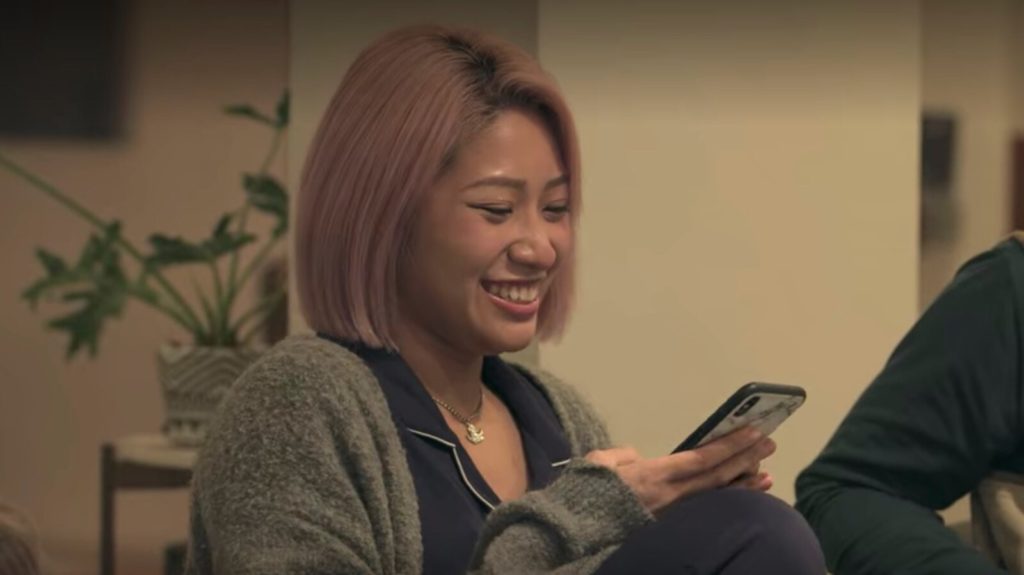
Terrace House was a Japanese reality TV show that began airing in 2012. It found international fame when its second incarnation, “Boys and Girls in the City” released on Netflix. The show put together six strangers to live in the titular Terrace House, with everyone’s hope being blossoming romance between at least three possible matches.
I discovered the show in 2016, and fell for what the majority of what others also saw in it — a seemingly genuine experience of “reality” with no scripted dialogue, and a wholesome and cosy atmosphere. Terrace House was a breath of fresh air in comparison to the reality shows found in the UK and US, with very few arguments, a serene, calm vibe, and a focus on people’s interactions without forcing anything unnatural through verbal disputes, over-the-top antics, or ridiculous activities from outside the everyday norm.
Terrace House featured its participants attending their own workplaces or studies within the area, the “pairs” going on dates together, and showed us the gradual growth of a bond between six strangers, slowly building new dynamics over time.
In the Tokyo 2019-2020 season, watchers saw a potential match between Hana Kimura and Kai Kobayashi. The pair went on multiple dates until Kai made it clear that the romantic interest was not there on his part; the two also didn’t meet eye-to-eye with regard to their motivations in life.
The now infamous 38th episode titled “Case of the Costume Incident” was the beginning of Hana Kimura’s downfall, and the start of the relentless online harassment towards her.
The situation began with one of Hana’s custom-made wrestling costumes being left in the dryer and shrunk when Kai put his own washing in. Understandably and rightfully upset by this mistake, Kimura and Kai got into a dispute quite unlike anything ever seen on the show before — as well as being tremendously out of character for Kimura.
The scene caused outrage from viewers and resulted in considerable backlash being sent towards Kimura exclusively, including death threats and racist comments. She should have been allowed to express her emotions and voice her anger at this moment when such a prized possession of hers had been accidentally damaged — the online backlash was already unjustified. But the worst was yet to come, as Fuji TV could have protected her even before the online harassment started, and ultimately could have prevented her suicide.
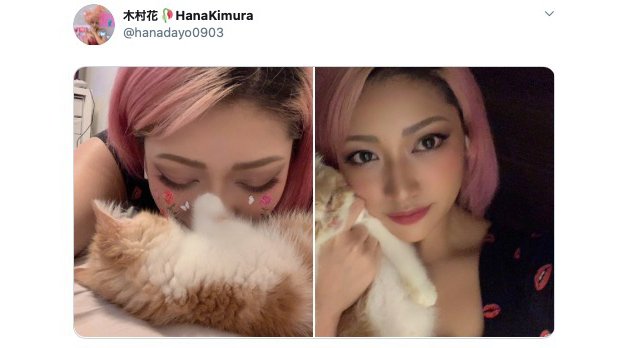
On the day of Hana Kimura’s passing on May the 23rd, Hana uploaded multiple posts consisting of images of self-harm, followed by a post where she explained that she was receiving over a hundred negative comments each and every day. She would go on to thank her mother for giving birth to her, and that all she wanted in life was to be loved. She then posts two images of herself with her pet cat as her final upload, with the caption “goodbye” on Instagram and text reading “I love you, please live a long and joyful life. I’m sorry”, with the latter comment aimed at her cat.
Hana would then go on to fill her room with poisonous gas, and was discovered due to a note warning others of the poison in the room that she had left outside her door.
She was only 22 years old when she passed away.
Kyoko Kimura
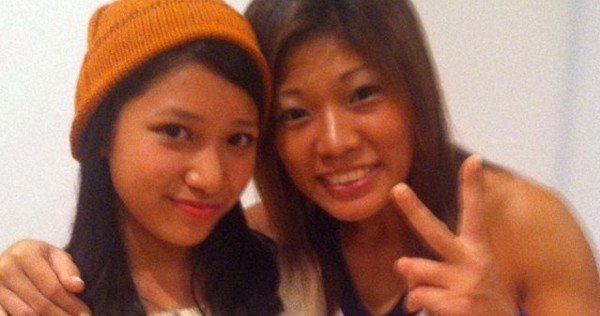
Hana’s mother, Kyoko Kimura, provided evidence of Fuji TV’s mistreatment of Hana through her mobile phone. She claims they encouraged volatile and inappropriate behaviour, such as suggesting Hana slap Kai in the face during the infamous dispute. Hana knocked his hat off his head instead, which she would have otherwise not done if she was not pushed to do so for “entertainment purposes”. Additionally, Kai reportedly mentioned that on one of their dates, producers said that their jumping on a trampoline was boring, and encouraged that he grab Hana’s breast.
Furthermore, Hana’s text messages to friends revealed that she had nowhere to go for true privacy during production, with cameras and the production team around at all times, and she sought emotional comfort through these brief exchanges — with no other option for a way out or a brief respite.
The last and most significant piece was the reveal of Hana’s text messages on the popular Japanese app LINE, which showed exchanges between Hana and the show’s staff members indicating Hana’s declining mental state at the time — including concerning texts such as “I want to die”. The show’s staff ignored the warning signs.
The aftermath
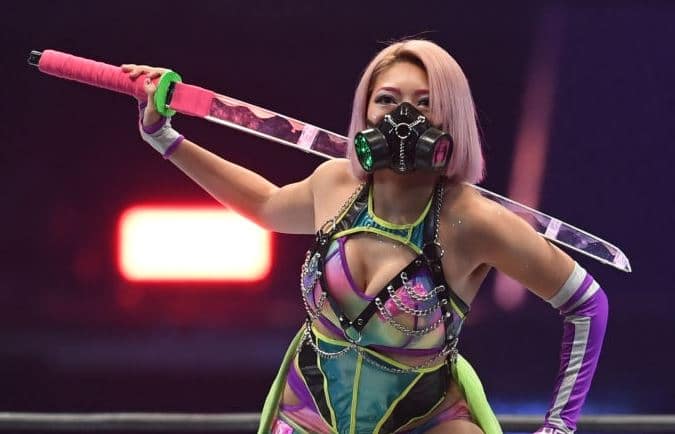
Kai openly supports Kyoko’s pursuit of justice for her daughter. He mentioned how Hana apologised privately to him after the incident, and told him that production encouraged her to act how she did. An internal investigation was conducted within Fuji TV after the news of Hana’s passing, which resulted in nothing substantial in support of Kyoko Kimura’s claims, with a verdict of no coercion on their part in Hana’s death. To further back-up their false claims, Kai Kobayashi indicated that he was willing to be questioned, but he was the only individual not approached as part of the investigation.
In more recent news, a certain amount of justice has at least been served, albeit at a far too light of a sentencing, as a third online troll has been fined in relation to the online abuse Kimura had experienced. The Japanese government have also indicated that they are actively strengthening cyberbullying laws after the initial outcry, and Kyoko Kimura has started a non-profit organisation to combat cyberbullying called Remember Hana.
On May 23, the one-year anniversary since Hana’s passing, a memorial day was held.
In closing
Kimura was given the “villain edit” during her time on Terrace House, and was prompted to behave stereotypically as a hot-headed and feisty wrestler. For a reality TV show, such controlled production is not unheard of at all, but the downplaying and blatant ignoring of Hana’s wellbeing and overall mental state is clearly tied to her final decision to take her own life.
Hers was a life so young and full of potential, and she was a person so compassionate and full of life and love; the way in which she was not given the same respect that she gave to others is downright despicable. Not only was she disrespected on the show, but her mental health and wellbeing were completely glossed over — a factor in itself that is criminal.
The bottom line is that the case of Hana Kimura represents something completely and utterly amiss on the Internet, continually and consistently encouraged by anonymity and sheep mentality. It’s all very well to tell one another to be kind, but these exhortations sadly often fall on deaf ears in the more unpleasant end of the online world — and what happened to Hana is proof enough of this. And it is maddeningly depressing; she deserved none of this.
I miss her, and if I and so many other strangers on the Internet miss her to such an extent, I can only imagine the pain and suffering her family and friends must have gone through and continue to do so to this very day.
Hana Kimura deserved the world, and what she got from it was anything but what she deserved. She was young, with her whole life ahead of her as a rising star in her field of expertise, and was a far greater and more exceptional individual than any online bully or staff member of Fuji TV who allowed this to happen could ever be.
She was a role-model on Terrace House who was always there for others, and who spoke with such wisdom and confidence despite her young age — millions of others should learn from her.
Even if you did not read everything here, then I at least hope you retain her name well into the future, because that’s the very least we can now do for her. We absolutely adore you, Hana. May you rest in peace and power, and be forever remembered.
For further information, please refer to Japan Times writer farrah’s thread on Twitter that covers Kyoko’s testimony.
And take care of yourself: if you need to talk, call 116 123.
Join The Discussion
Rice Digital Discord
Rice Digital Twitter
Rice Digital Facebook
Or write us a letter for the Rice Digital Friday Letters Page by clicking here!
Disclosure: Some links in this article may be affiliate links, which means we may earn a small commission if you make a purchase after clicking on them. This is at no additional cost to you and helps support Rice Digital!
- Sigh of the Abyss: Shadow Bonds – Prologue Review - October 7, 2023
- Is She The Wolf? is wickedly addicting TV - October 6, 2023
- The steady consumption of Slow Damage - October 5, 2023




